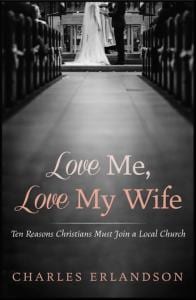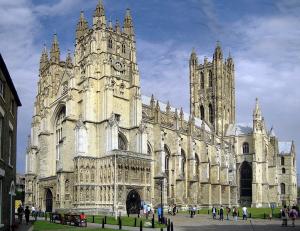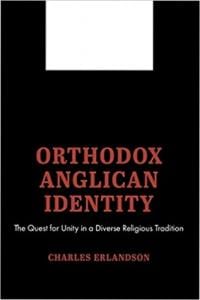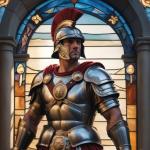Here’s another excerpt from my book, Love Me, Love My Wife: Ten Reasons Every Christian Must Join a Local Church. (It’s available on Amazon, here: https://www.amazon.com/Love-Me-My-Wife-Christians/dp/1725266296/ref=sr_1_2?dchild=1&keywords=love+me+love+my+wife+erlandson&qid=1608692778&sr=8-2) Jesus Christ has a Body, of which each individual Christian is to be a member. If you are living as a Christian without being part of the local church, you are like a body part trying to live without being part of the body. In bodies, this leads quickly to death. In the... Read more













